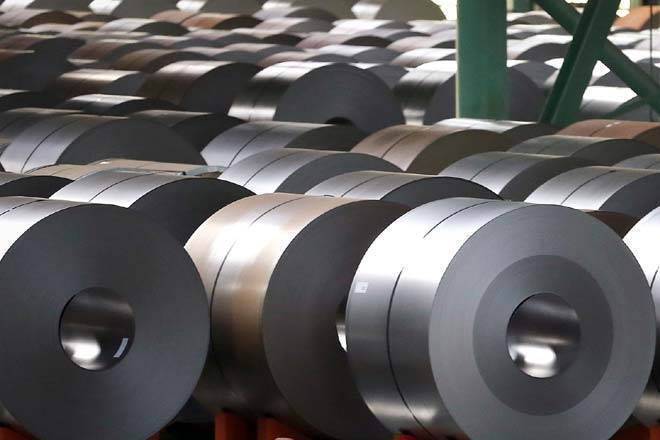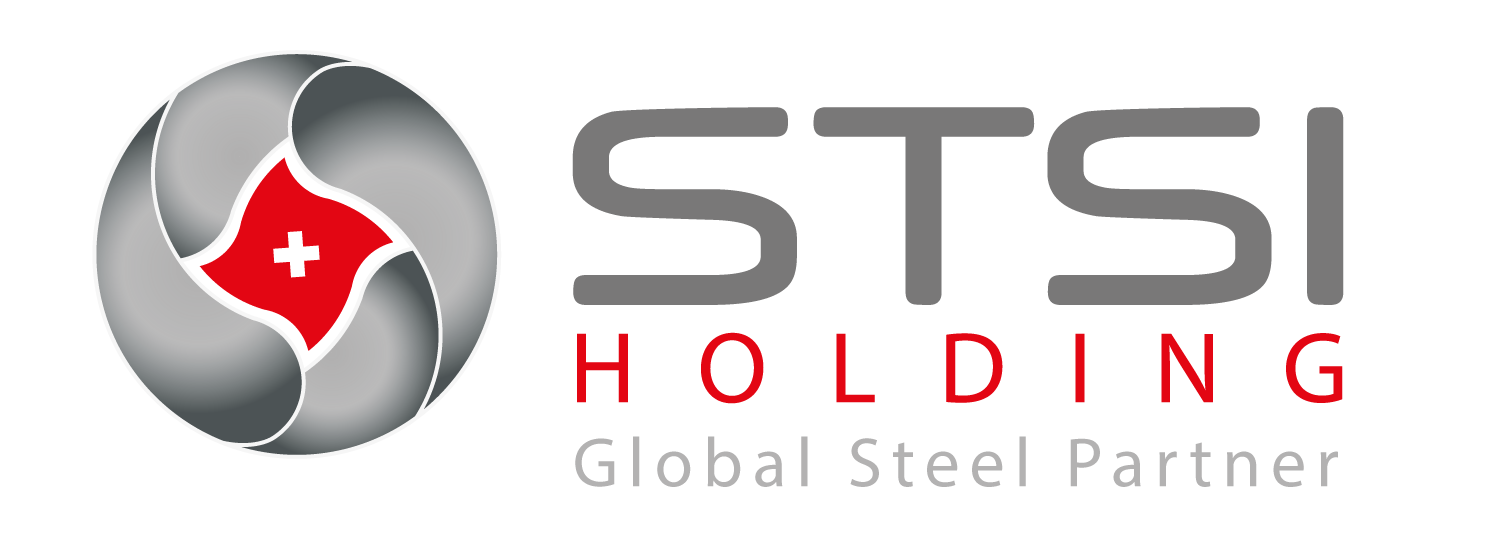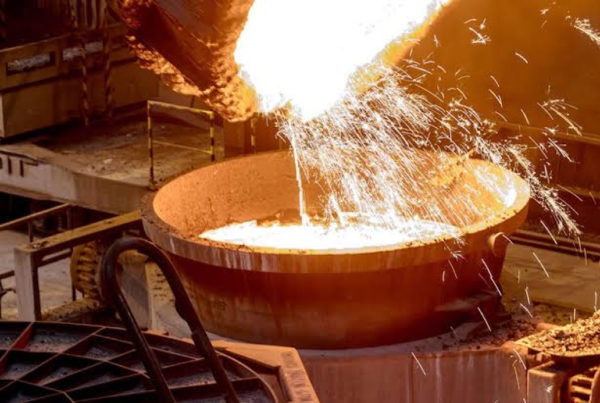
The rise of the steel prices remains unabated, with the rate touching an all-time high of `58,000 per tonne (ex-Mumbai) for benchmark hot-rolled coil (HRC) product.
The northward movement of the steel prices remains unabated, with the rate touching an all-time high of Rs 58,000 per tonne (ex-Mumbai) for benchmark hot-rolled coil (HRC) product. This is amid constrained supply and pick-up in demand from construction, automotive and white goods sectors.
“Domestic HRC prices rose by a further Rs 2,750/tonne compared to the previous week as major producers calibrated their notified prices with wholesale ones. As a result, steel dealers also increased prices to preserve their margins,” brokerage firm Edelweiss said in a report on January 6.
According to SteelMint, as of January 1, 2021, the price of 2.5-8 mm HRC in the Mumbai wholesale market was Rs 55,250 a tonne; the price hike affected January 5 took the wholesale price to Rs 58,000 a tonne. Rating agency Icra’s Jayanta Roy said HRC prices were never higher in the domestic market. “It is unprecedented,” he said.
On January 1, 2020, the same HRC grade in the Mumbai wholesale market was Rs 37,500 per tonne. The current price is higher by 55%.
“At the current level, domestic prices are at 6% premium to imports from South Korea, but we do not envisage threat from imports as lead times are well into Q2CY21. That said, the price momentum could cease if Chinese export price continues to remain weak,” said Edelweiss.
Credit Suisse also expects steel prices to remain elevated on-demand recovery, shortage of steel, and significant cost-push.
Supply constraint in the domestic market is due to the dual effect of subdued production by the secondary producers and limited imports. The combination of the two has also brought down steel mills’ inventory to 10.6 MT in December, a 21% year-on-year fall.
Secondary steel producers, mainly for want of raw material, are producing much less. In December, their domestic production share was just 36% compared with the normal average of around 42%. Credit Suisse said with a pick-up in end demand, secondary steel producers are expected to ramp up their capacity utilization.
Domestic steelmakers have been facing flak from different quarters, including MSME and road transport and highways minister Nitin Gadakri for jacking up prices exorbitantly over the last few months. While Gadkari wrote to the Prime Minister seeking intervention at the highest-level to rein in the rising prices, the Indian Steel Association (ISA), the representative body of the domestic steel producers, in a communique to the Prime Minister’s Office recently attributed the price rise to acute shortage of iron ore leading to a sharp rise in its prices, northward movement of steel prices in international markets with which Indian prices ‘move in sympathy’ and subdued domestic steel production.
Read the full article at Financial Express



